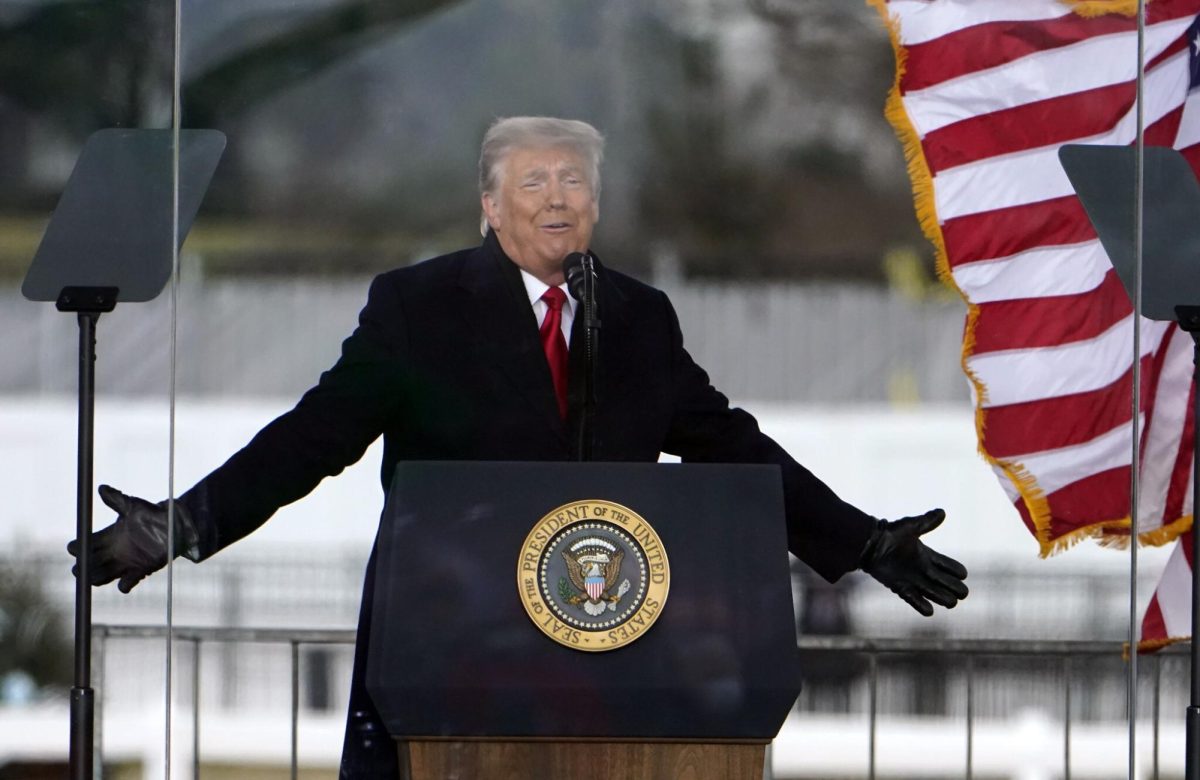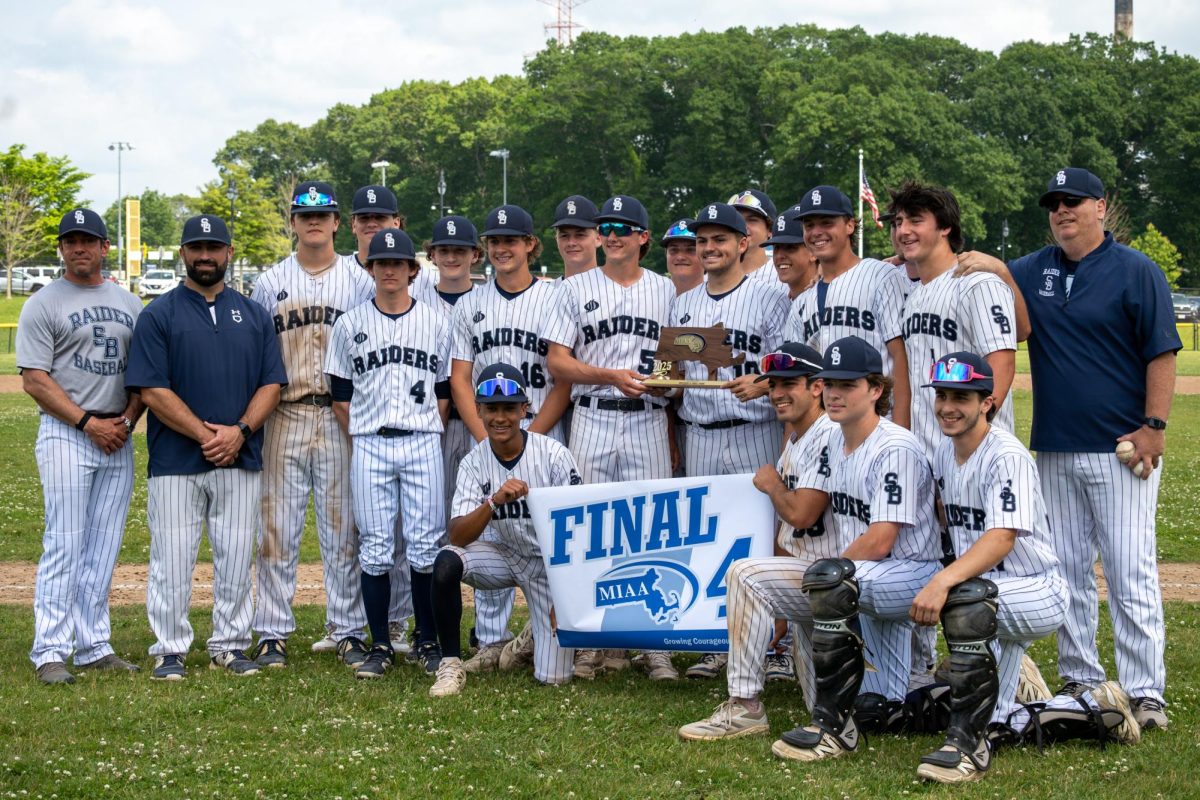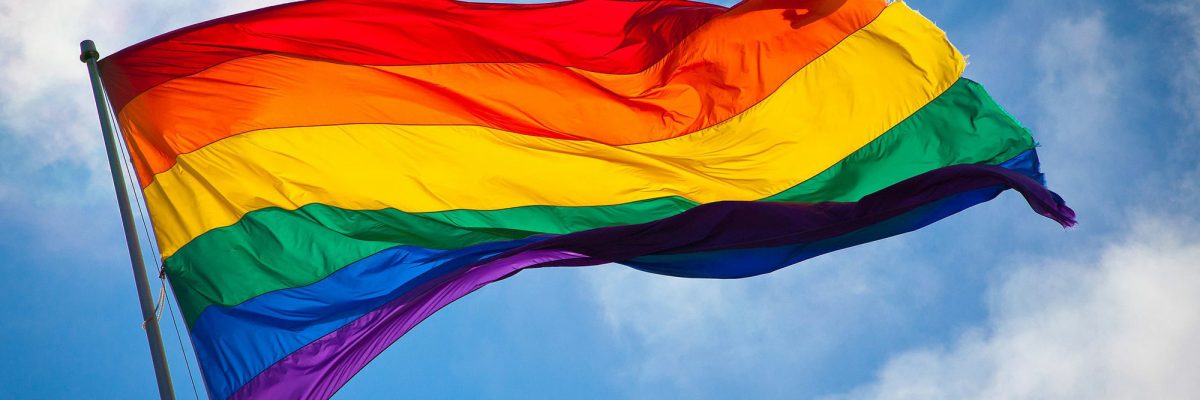By now, you’ve likely heard that several states have either already decided to keep Donald Trump off of their presidential primary ballots or are currently considering doing so. On December 19th, Colorado’s Supreme Court ruled that Donald Trump is “disqualified from holding the office of president under Section 3 of the 14th Amendment.” Shortly after, on December 28th, Maine’s secretary of state made a similar decision. Now, a multitude of other states are considering removing Trump from their primary ballots as well, Massachusetts included. To better understand what is currently happening, we must look back on key moments in American history, going as far back as the Reconstruction era and as recent as January 6th, 2021.
We must remember that shortly after the Confederacy’s failed attempt to break free from the United States government in attempts to continue the practice of slavery, former American states that rebelled against the federal government were not immediately allowed back into the Union. The leaders of the Confederacy engaged in active rebellion against the United States; to allow these leaders to hold onto their power and serve as officers of the United States government just after engaging in war against it would not have made sense. To regain full legal status as American states, former Confederate states had to swear loyalty to the United States government, pay off their war debts, and ratify certain amendments to the Constitution, including the 14th Amendment, which is cited in cases against Donald Trump today.
Section 3 of the 14th Amendment, as referenced by the Colorado Supreme Court, states that no member of the American government who has taken an oath “to support the Constitution of the United States, shall have engaged in insurrection or rebellion against the same, or given aid or comfort to the enemies thereof.” This section of the 14th Amendment was drafted with the intention of preventing those who once vowed to support the American Constitution and then instead engaged in rebellion against the United States from serving in the American government again. Today, it is being argued that Donald Trump disqualified himself for the presidency when he allegedly incited an insurrection against the United States on January 6th, 2021 despite the fact that he took an oath to protect the Constitution as president just four years earlier.
Accusations of the former president inciting an insurrection usually reference a speech that Donald Trump gave on January 6th in Washington DC just moments before his supporters breached the United States Capitol, with the intent of stopping Congress from declaring Joe Biden the next American president. In his speech, Trump claimed that he was the true winner of the 2020 presidential election before stating that “all of us here today do not want to see our election victory stolen by emboldened radical left Democrats… That’s what they’ve done and what they’re doing. We will never give up. We will never concede, it doesn’t happen. You don’t concede when there’s theft involved.” The then-president called for his supporters to “stop the steal” and “save our democracy.” He then outlined a plan where the crowd was “going to walk down to the Capitol” and “show strength… demand that Congress do the right thing.” The former president even told supporters that “if you don’t fight like hell, you’re not going to have a country anymore.” Many have claimed that this language counts as inciting an insurrection and makes Trump ineligible for another term as president.
Critics of the decision to take Trump off of presidential primary ballots often cite the fact that in Trump’s speech to his supporters on January 6th, he told his base to “peacefully and patriotically make your voices heard.” Their case rests on the fact that Trump did use the word “peacefully” once in his speech and therefore shows no intent of inciting violence. Others claim that Trump’s speech as a whole clearly called for bold, radical action against Congress and American democratic practices. Trump supporters have expressed that regardless of the events that occurred on January 6th, they want the ability to prove that the majority of Americans want Donald Trump to be elected to the presidency once again, claiming that removing him from primary ballots would be suppressing the will of the people.
For now, Americans who want to know whether Donald Trump could be on their primary ballots will have to await the decision of the Supreme Court, which has recently decided to hear Trump’s challenge to Colorado’s Supreme Court’s decision. Many legal scholars predict that the Supreme Court will attempt to find a way to state that Trump’s name can be on the ballot without commenting directly on whether or not the 14th Amendment prohibits him from becoming president again, but in a case as unique as this with a Court as unconventional as our current one is, anything is possible.








